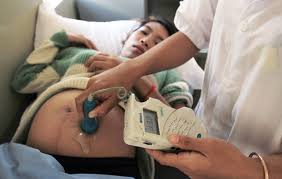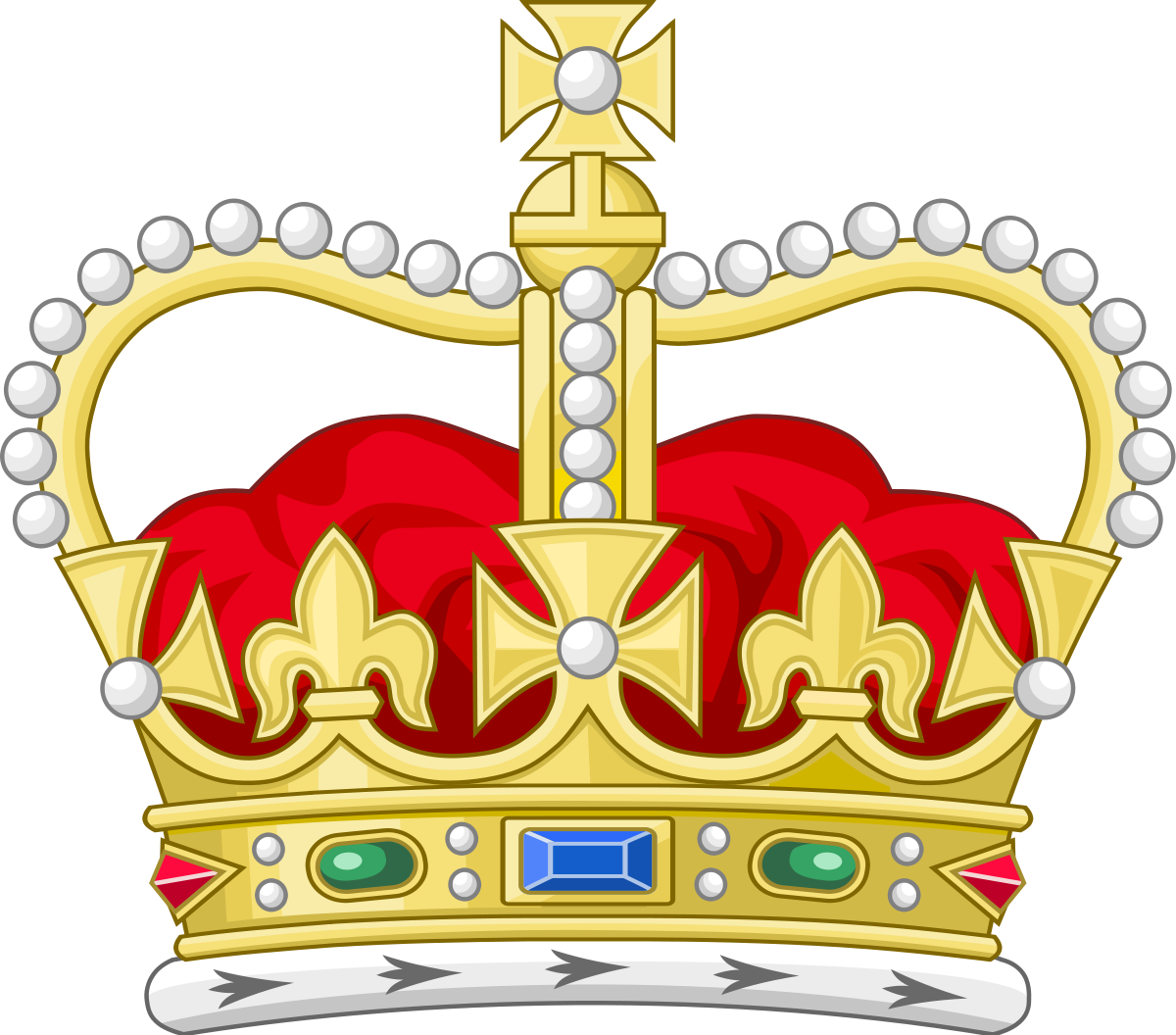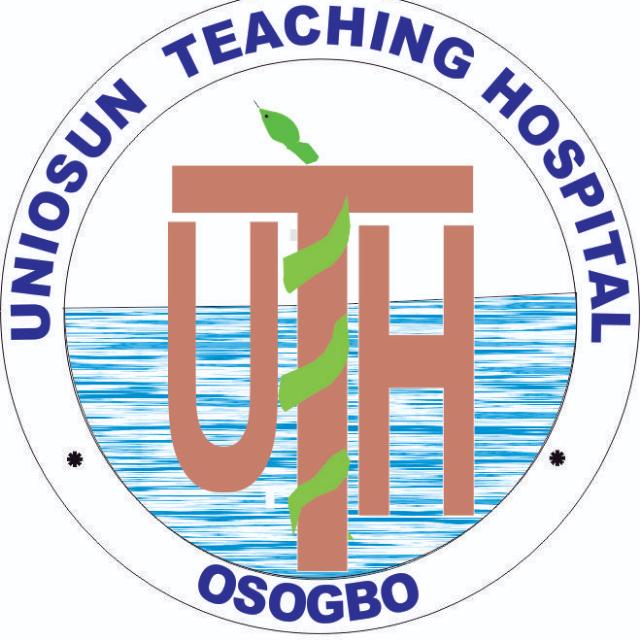FRANCIS EZEDIUNO
The second round of the Maternal Neonatal and Child Healthcare Week (MNCHW) for the year 2018 is set to hold between 19th and 23rd of November, 2018.
As contained in a statement during a sensitisation meeting at the Osun Ministry of Health on Thursday, the state’s Chief Health Promotion Officer, Mr. Adewole Adewoye who was represented by his assistant, Mrs. Taiwo Adeniji, said, unlike the routine immunisation where vaccinators and health officials would be accompanied by community mobilisers, this round of immunisation would be facility based, where parents and guardians are expected to bring their children and wards to the nearest public health facility closest to them so they will get immunised and administered with Vitamin A supplements.
The one week programme, apart from the routine immunisation for children under the age of 5 years would also attract interventions that will benefit both mother and child.
The interventions are 9 in number and they are planned to add value to the programme of activities for the whole week.
They include the followings:
– Vitamin A supplement both red and blue capsules
– Deworming for one year and above
– Family planning services
– Immunization for 0 – 11 months
– Screening for malnutrition
– Birth registration
– Antenatal care (HIV screening for pregnant women and administering of multivitamins)
– Key household practices (health education) and
– Social mobilization activities
A breakdown of the 9 interventions is as follows.
Vitamin A supplementation, Administering of red and blue capsule: A breakdown of it revealed that the blue capsule is composed of 100,000 International Units (IU) and four drops of it would be administered on babies that are within 6 – 11 months while the red capsules is composed of 200,000 IU. Eight drops of it would be administered on babies of 12 – 59 months.
Apart from the fact that this exercise would be facility based, there are exceptions in administering the Vitamin A capsules. Some of the health officials would go from house to house, private schools, churches, mosques, motor parks and markets.
Deworming for one year and above: This involves the administration of Abendazole on children above 12 month of age. The list of the dosage is 200 mg which would be given to children between 12 – 23 months while 400 mg of the drug would be given to children between 24 – 59 months.
Family planning services: Lectures and enlightenment on family planning techniques would be taught for free to the couples that make themselves available.
Screening for malnutrition: This is an intervention reserved for children between the ages of 6 months to 5 years.
Reason for this intervention is due to the poor record of malnutrition observed in day to day activity of children. These children are not well fed with nutritious foods and because of the poor financial situation in the country, most children are fed with carbohydrates due to their cheap to purchase value. Most Nigerian parents feed their children on quantity rather than quality.
The means of measuring malnutrition in children is the use of the MUAC (Mid Upper Arm Circumference) tape.
The MUAC tape is comprised of 3 colours of green, yellow and red. The green colour stands for a well fed child, the yellow stands for moderately fed child while the red colour stands for severely malnourished child. In this case, the child would be referred from the health facility to a specialist.
Immunization for 0 – 11 months children: Under this intervention, the immunisation would be done in a health facility so as to forestall the possibility of any side effect or reaction to the vaccines. According to the statement made available, It is better for this type of vaccines to be given under supervision and in a health facility.
Birth registration: Already, a compulsory exercise but at this point, parents have the advantage of having the births of their children registered because officials of the National population Commission (NPC) would be on hand in the different health facilities.
Antenatal care (HIV screening for pregnant women and administering of multivitamins): As part of the MNCHW, pregnant women would be screened for HIV, Hepatitis B and C. After the screening, any amongst them found to be positive will be referred to a medical facility for counseling and treatment.
Medical checkups will also be available for these pregnant women, after which they will be administered with multivitamins.
Key household practices (health education): Washing of hands is very compulsory, because it has been discovered through research that majority of the transfer of germs and bacteria from infected persons to an uninfected one is mostly carried out through touch.
So, as part of the week, mothers will be taught on hand washing techniques and how to generally promote hygiene both within the home and outside.
Social mobilization activities: There is need to enlighten and educate the people more on the gains of the week. In that aspect, mothers who will visit the health facilities are encouraged to spread the news in order to let others know of the exercise.
Also, community leaders are encouraged to ensure that families within their communities participate during this second round of the MNCHW.











